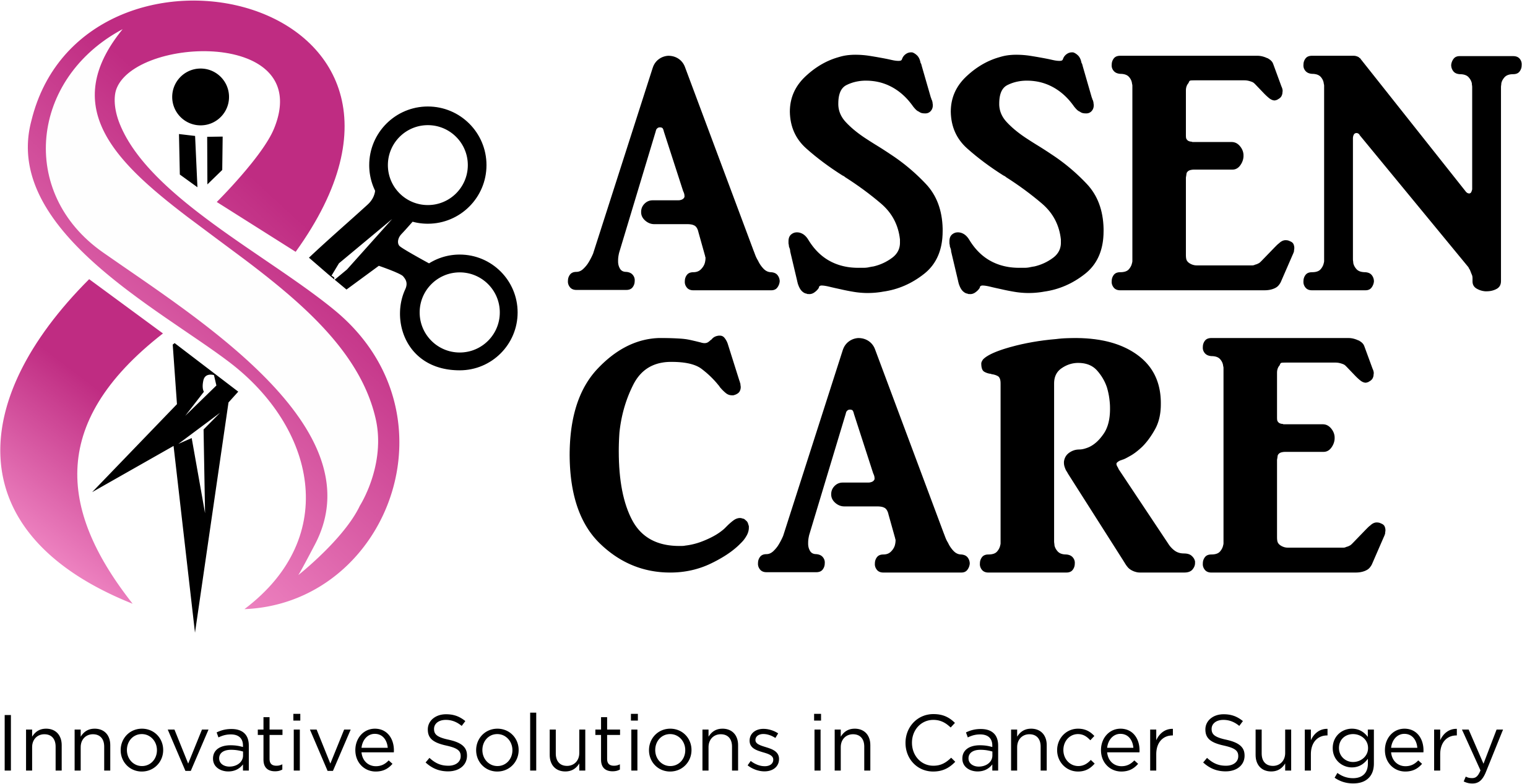
Thorat Cancer Surgery
Surgical intervention for cancers of the pharynx and surrounding areas, focusing on complete tumor removal and functional restoration.
Throat Cancer Surgery
Throat cancer refers to the malignant tumors that develop in the pharynx
(throat), larynx (voice box), or tonsils. As with other cancers, early
detection and timely intervention are crucial for effective treatment.
Throat cancer surgery is a primary treatment option, often combined with
other therapies like radiation and chemotherapy, depending on the
cancer's stage and location.
Understanding Throat Cancer: Throat cancer is commonly associated with risk factors such as smoking, excessive alcohol consumption, and HPV infection. It can manifest in various forms, including nasopharyngeal cancer (upper part of the throat), oropharyngeal cancer (middle part of the throat), and hypopharyngeal cancer (bottom part of the throat). Symptoms may include persistent sore throat, difficulty swallowing, hoarseness, and unexplained weight loss.
Diagnosis of Throat Cancer: The diagnosis of throat cancer typically begins with a detailed examination by a specialist. This may include a laryngoscopy to view the throat's interior, followed by imaging tests such as CT scans, MRIs, or PET scans. A biopsy is often performed to confirm the presence of cancer cells and determine the tumor's stage and grade.
Surgical Treatment of Throat Cancer: Throat cancer surgery involves the removal of the tumor, along with some surrounding healthy tissue, to ensure complete cancer eradication. The type of surgery performed depends on the tumor's size, location, and whether the cancer has spread. Common surgical procedures include:
- Laryngectomy: This surgery involves the partial or total removal of the larynx (voice box), depending on the cancer's extent. A partial laryngectomy preserves some voice function, while a total laryngectomy requires the creation of a stoma (opening in the neck) for breathing.
- Pharyngectomy: Removal of the affected part of the pharynx (throat), which may be necessary if the cancer has spread extensively.
- Neck Dissection: This procedure involves the removal of lymph nodes in the neck if the cancer has spread to these areas. It is often performed alongside the primary surgery to ensure comprehensive cancer treatment.
- Transoral Robotic Surgery (TORS): A minimally invasive technique that allows the surgeon to remove tumors through the mouth using robotic instruments. TORS is particularly beneficial for accessing hard-to-reach tumors and offers a quicker recovery time.
Post-Surgery Care and Rehabilitation: Recovery after throat cancer surgery can vary depending on the type and extent of the surgery performed. Patients may experience difficulties with speaking, swallowing, and breathing, which may require rehabilitation therapy. Speech therapy is often an integral part of the recovery process, especially for those who have undergone laryngectomy. Nutritional support may also be necessary, as some patients may need a feeding tube temporarily during recovery. Pain management and wound care are crucial components of post-operative care, and regular follow-up visits are essential to monitor for any signs of recurrence.
Success Rates and Prognosis: The prognosis for throat cancer depends on several factors, including the cancer's stage at diagnosis, the patient's overall health, and the success of the surgical procedure. Early-stage throat cancers have a higher success rate, with many patients achieving long-term remission. Advanced-stage cancers may require additional treatments such as radiation or chemotherapy, but with comprehensive care, positive outcomes are still possible.
Why Choose Dr. Vikas Agrawal for Throat Cancer
Surgery?
Dr. Vikas Agrawal at Assen Care is a leading expert in throat cancer
surgery, known for his skill in performing complex procedures with
precision and care. With extensive experience in head and neck cancers,
Dr. Agrawal employs advanced surgical techniques, including minimally
invasive approaches like TORS, to achieve the best possible outcomes for
his patients.
At Assen Care, patients receive holistic care, from diagnosis through
post-operative recovery. The facility is equipped with state-of-the-art
technology, and the team is dedicated to providing personalized care
tailored to each patient's unique needs.
Conclusion:
Throat cancer surgery is a critical component of the treatment plan for
many patients diagnosed with this type of cancer. Early detection,
combined with expert surgical intervention, can significantly improve
the chances of a successful outcome. Dr. Vikas Agrawal’s expertise in
throat cancer surgery, along with the comprehensive care provided at
Assen Care, ensures that patients receive the best possible treatment,
from initial diagnosis to full recovery.

